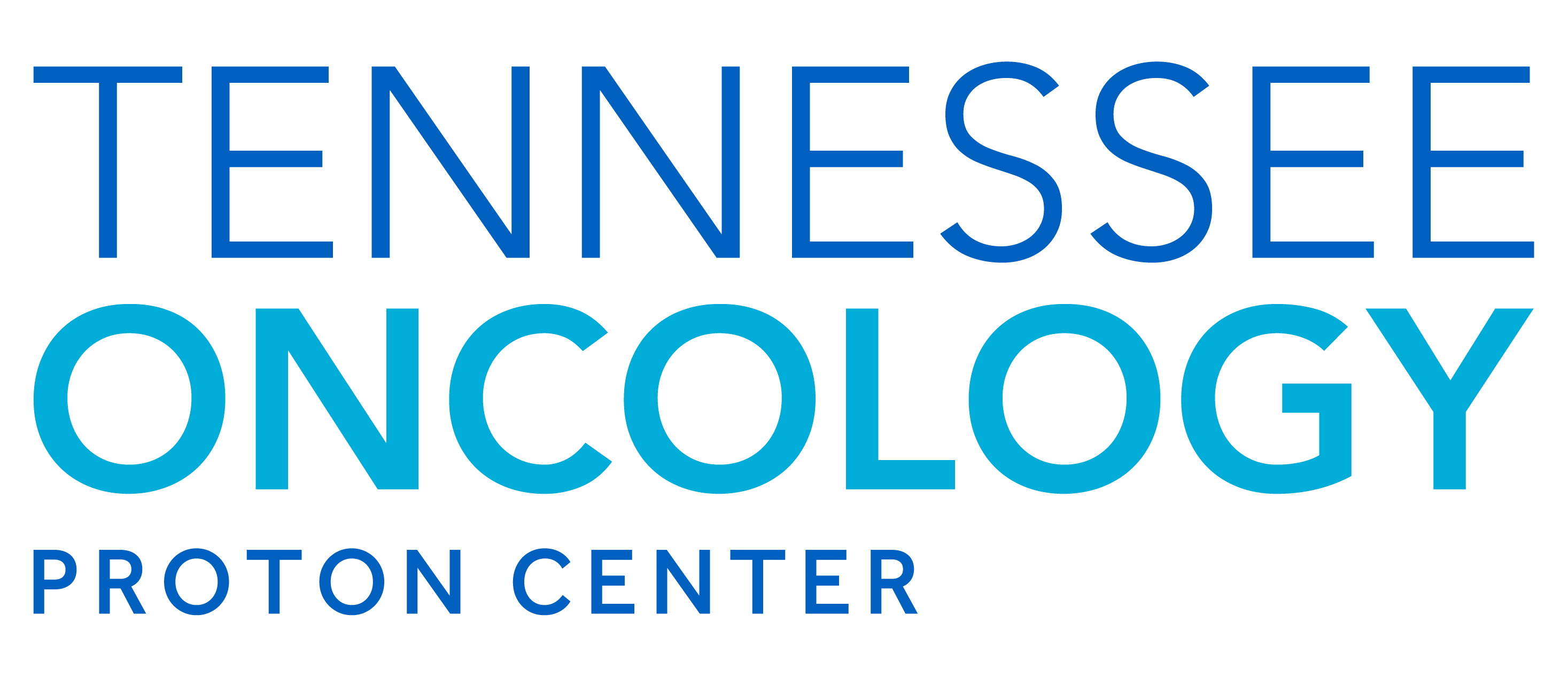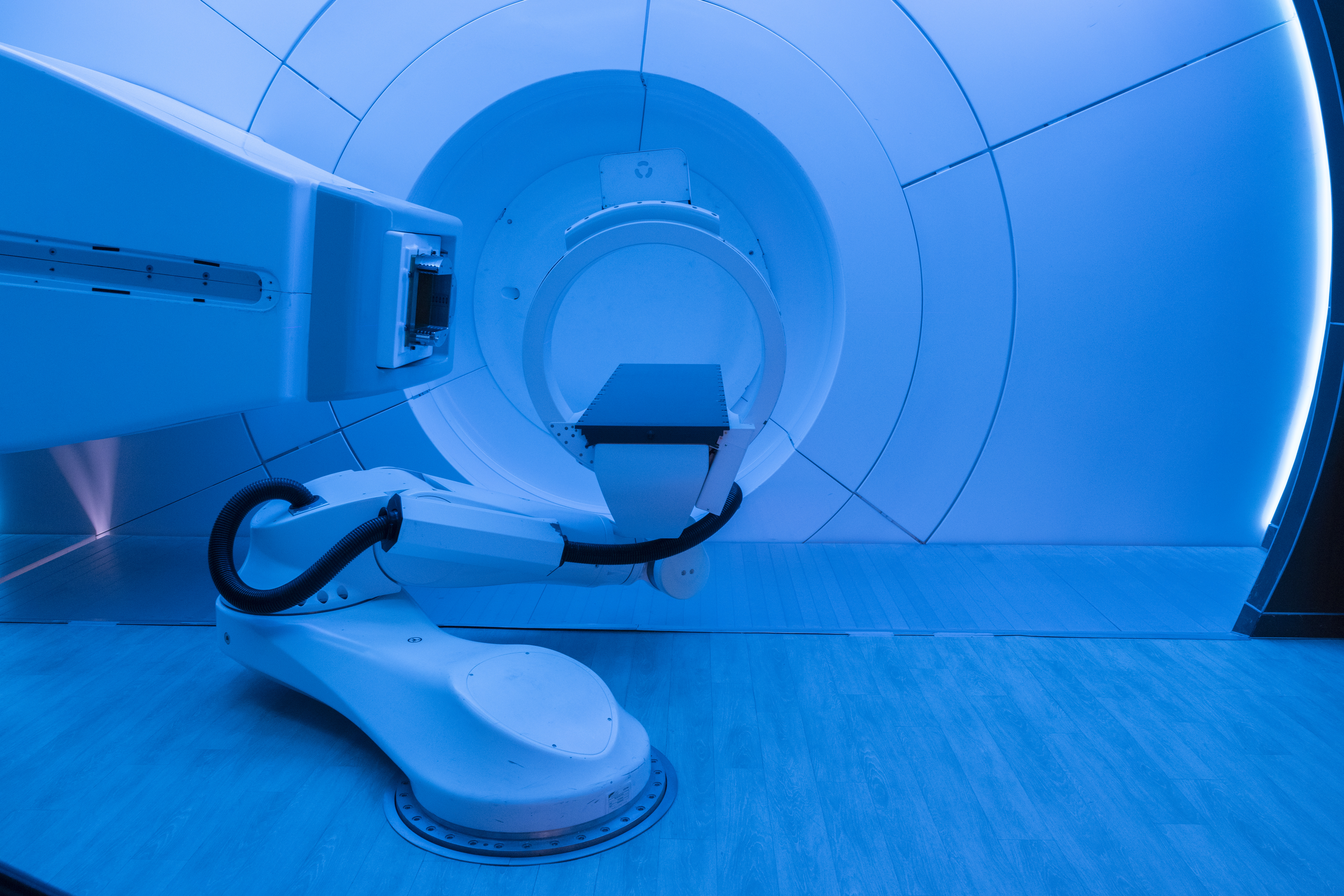Table of Contents
Key Findings from the Study
- Pre-treatment hormone changes were common. Approximately 30 percent of patients had at least one pituitary hormone deficiency before radiation began.
- New deficiencies occurred after therapy. About 37 percent developed a new pituitary hormone deficiency, most often identified around 14 months after treatment.
- Monitoring gaps were noted. The authors highlighted variation in endocrine follow-up despite guidance that supports routine surveillance.
These findings do not diminish the benefits of proton therapy. Instead, they underscore the importance of thoughtful planning and long-term follow-up, especially for tumors near the skull base where critical neuroendocrine structures reside.
What This Means for Patients in Tennessee
Proton therapy delivers a highly conformal dose that helps spare healthy tissues. Even so, sensitive structures like the pituitary and hypothalamus can be affected depending on tumor location and treatment plan. Patients benefit when centers combine advanced technology with proactive survivorship care.
At Tennessee Oncology Proton Center, the care pathway emphasizes education, early detection, and coordinated management so patients can maintain energy, metabolism, and overall quality of life throughout recovery.
Our Approach to Long-Term Care
Our multidisciplinary team partners closely with endocrinology to integrate endocrine health into the patient journey. Core elements include:
- Baseline assessment. Hormone panels and symptom review before treatment help establish a reference point.
- Scheduled surveillance. Follow-ups at 6 and 12 months, then annually, support timely identification and treatment of changes.
- Patient education. Clear guidance on symptoms to watch for and easy access to our care team enable fast action when needed.
This protocol reflects our commitment to comprehensive care that extends beyond tumor control and supports long-term wellness.
Why It Matters
Pituitary hormone deficiencies may influence energy levels, cognition, bone health, and cardiometabolic profile. Identifying changes early allows for effective management and helps patients focus on recovery and daily life. As a regional leader in proton therapy, Tennessee Oncology Proton Center provides precision treatment supported by a survivorship model designed for long-term health.
Learn More
Considering proton therapy or seeking a second opinion in Middle Tennessee? Explore our services, meet the care team, and learn how we design treatment plans that prioritize both outcomes and quality of life.





